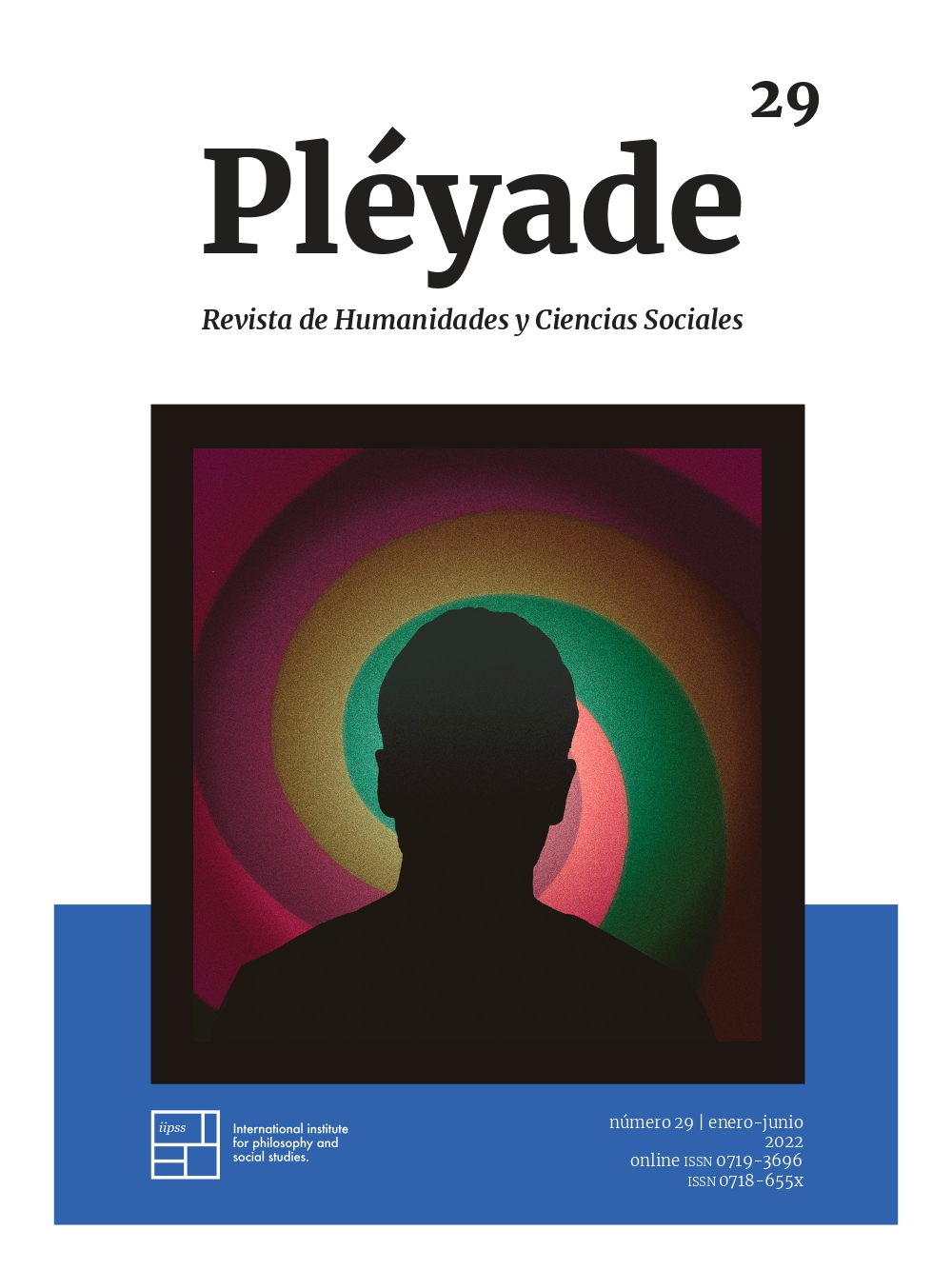Collective Action and Political Transformations in Brazil, South Africa and Europe. A Conversation with Peter Wagner and Aura Mota

Published 2022-07-30
Keywords
- democratization,
- exclusion,
- historical sociology
How to Cite
Copyright (c) 2022 Peter Wagner, Aurea Mota, Beatriz Silva

This work is licensed under a Creative Commons Attribution-NonCommercial 4.0 International License.
Abstract
The interview deepens in the analysis of Peter Wagner and Aurea Mota about the late democratization processes in both Brazil and South Africa, which took place after the end of
apartheid in South Africa, and through a first democratic inclusion that was more social than
political in Brazil. In this sense, the interview also focuses on debating the formal concept of democracy, questioning “who is left behind” in the different democratization processes that can also be observed throughout European history. Next, the interview also discusses the supposed exceptionality and centrality of Europe, in which in reality has been a permanent interaction between Europe and other territories, giving rise to the Enlightenment political thought and the
modern concept of humanity. Finally, current social mobilizations in Chile and other countries are addressed, as well as the rise of right-wing movements and their attempt to exclude some groups of people from social and political rights, thus showing the importance of having a global perspective to face the challenges of contemporary humanity.